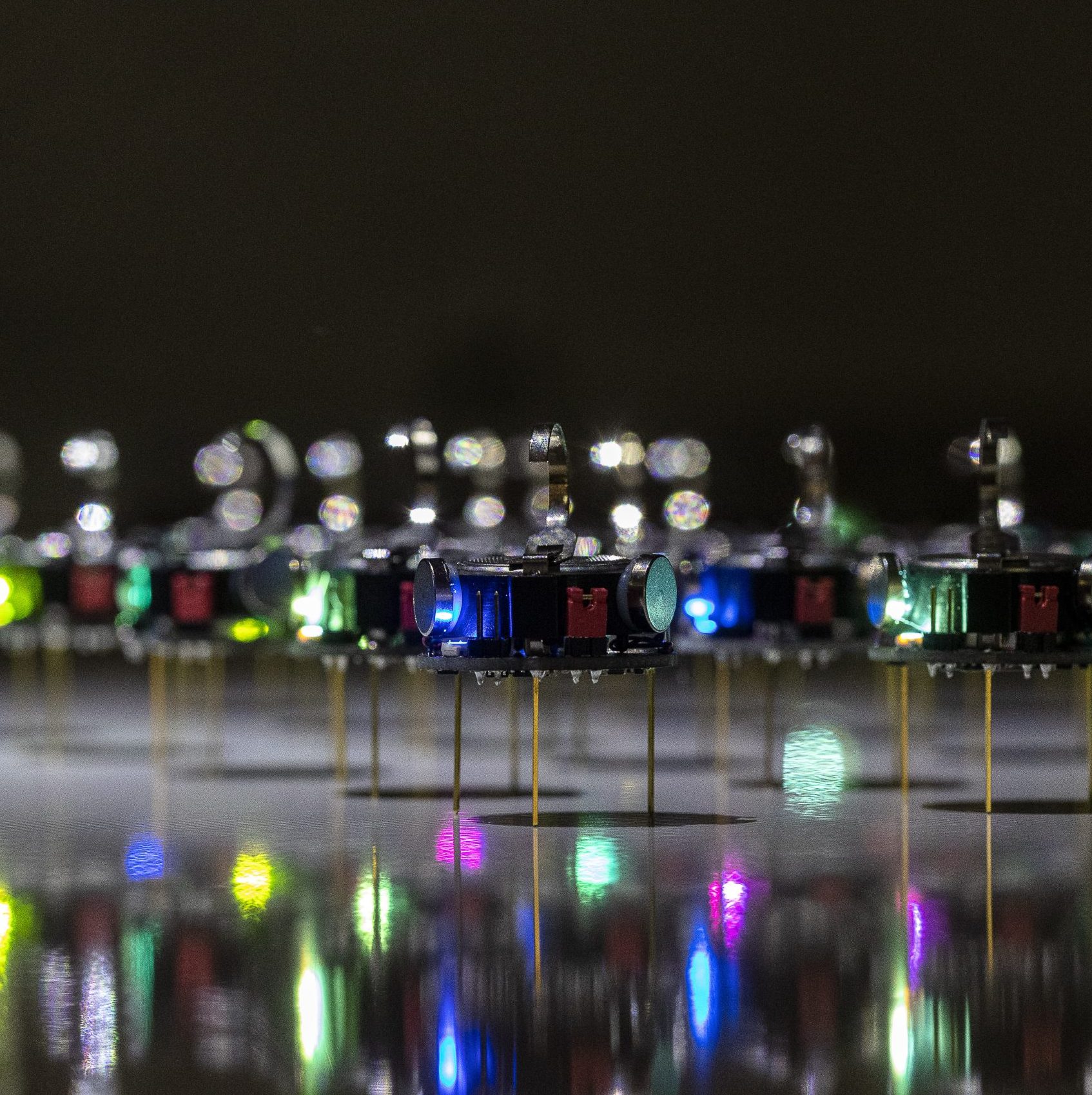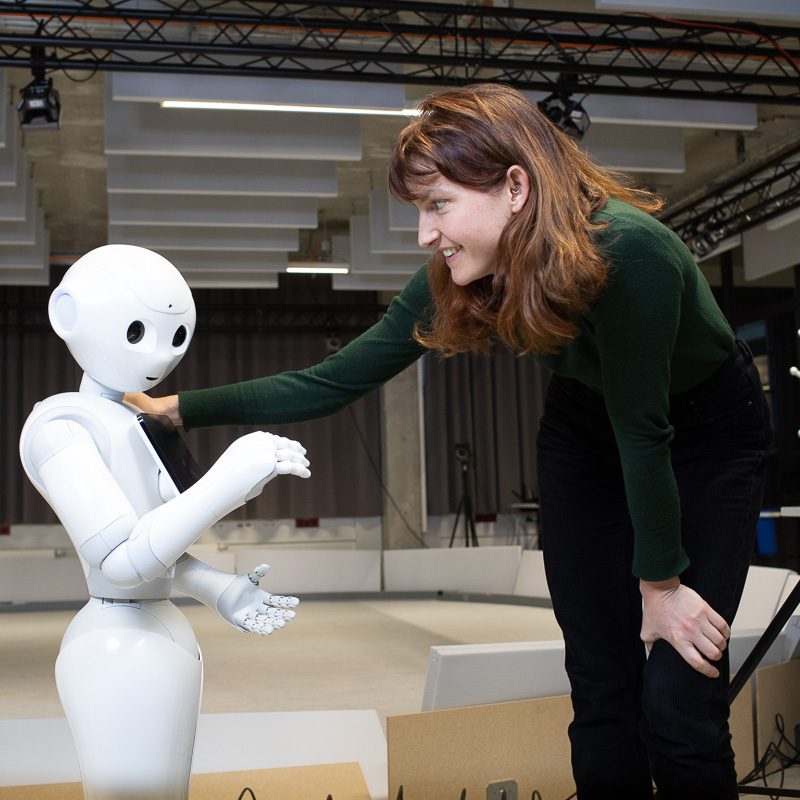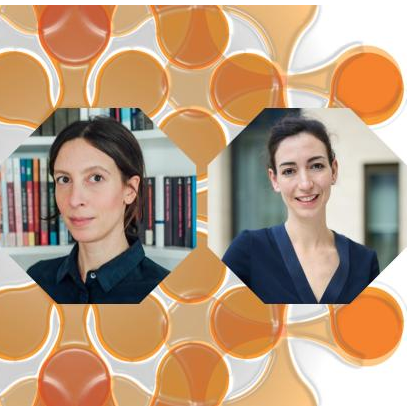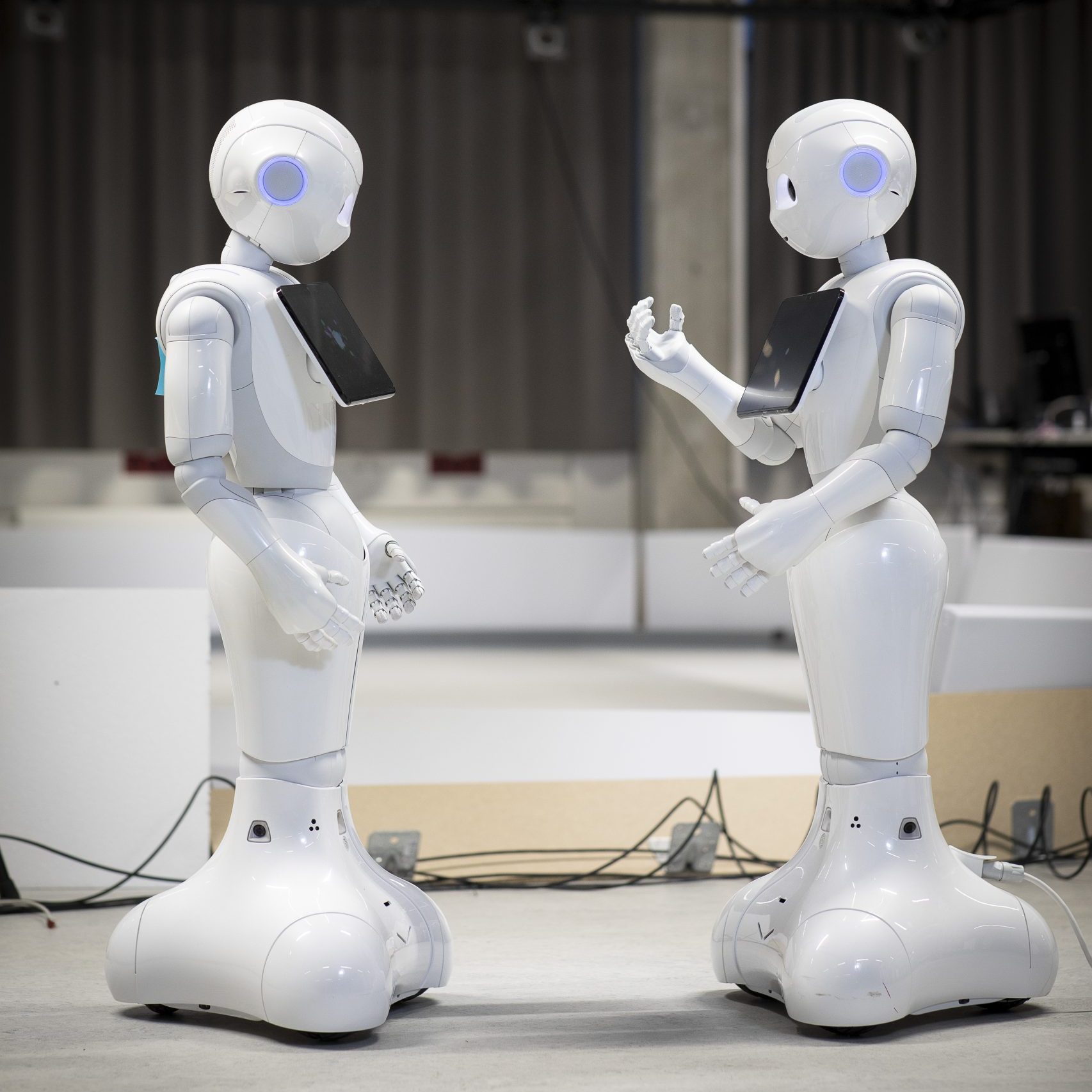
Mario Di Bernardo (University of Naples Federico II), “Control of Complex Multi-Agent Systems”
SCIoI, Marchstraße 23, 10587 Berlin, Room 2.057Mario di Bernardo is Professor of Automatic Control at the University of Naples Federico II, Italy and Visiting Professor of Nonlinear Systems and Control at the University of Bristol, U.K. He currently serves as Deputy pro-Vice Chancellor for Internationalization at the University of Naples and coordinates the research area and PhD program on Modeling and















